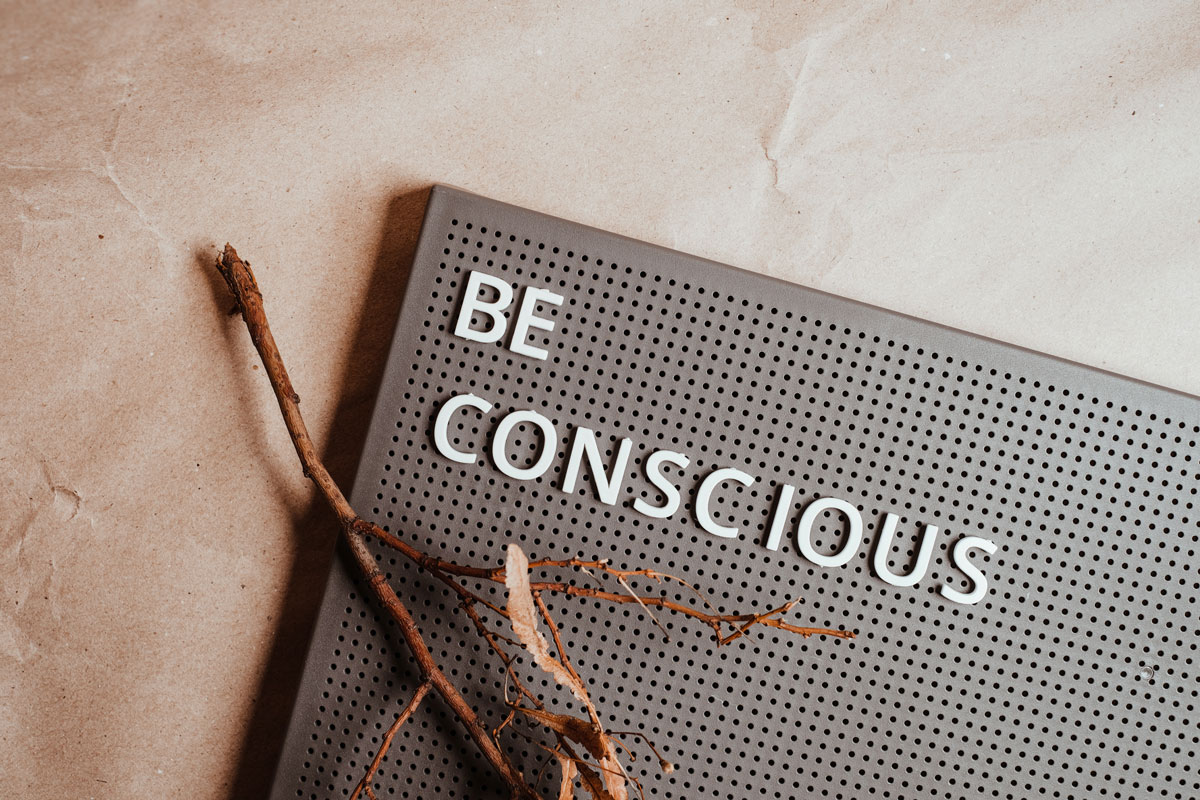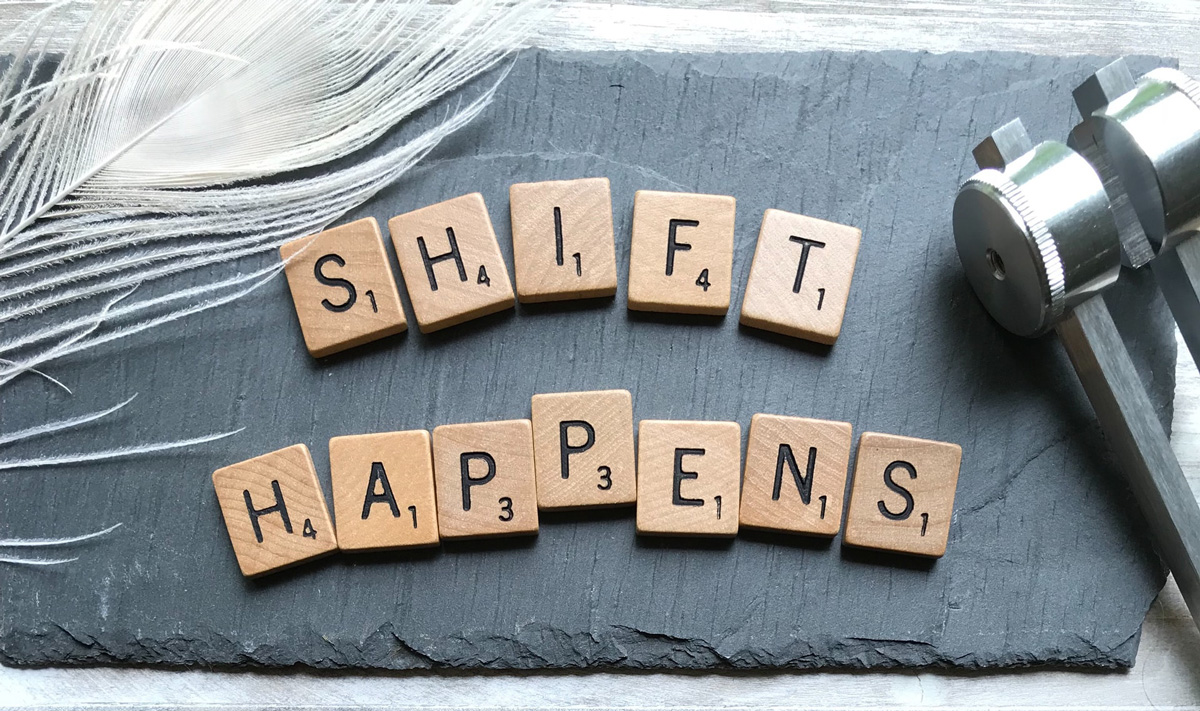In the hustle and bustle of daily life, distractions and decisions fight for attention. With stagnant routines, we barely notice our valuable days flying by. Most of us lead unfulfilled, unhappy lives obliviously. But what’s wrong with it? Don’t we all misperceive ourselves out of self-doubts all the time? Let’s take a close look at what’s conscious living and whether you should do something about it (as the famous people say) or not.
What is conscious living?
Fundamentally, being “conscious” is about integrating AWARENESS into different stages of your life- inside and out. Conscious living is living with awareness and intention – noticing life around us, making informed decisions, and acknowledging every emotion we feel. When you switch to conscious life, you can easily address challenging situations, and acknowledge that every fleeting second of your life is precious, and every decision comes after deliberate thought.
Making your mind aware of the sensations in your body is also a part of conscious living. It does not necessarily mean getting rid of bad habits. Rather, it is about identifying and acknowledging those habits, those insentient actions that lead us to what we do. That’s what consciousness is about – pausing and reflecting on what and why we want to do.
Examples of Conscious Living
- Your best friend became vegan. And you also want to jump into this trend that’s all over Instagram. However, you enjoy meat, and instead of following the herd mentality, you do your own research. That’s conscious thinking.
- Whenever you’re in a room full of people, you want to break the ice. This is an unconscious habit. Did you choose this habit for yourself, or is it something that you unknowingly picked that became a part of your life?
- You and your colleagues decide to go for weekend dinner. However, each one of you end up arguing about the place. It’s highly likely that most of us miss the fact that the purpose of the dinner was to spend time together and not rate the place.
These are the small examples of incidents we face in our everyday lives. And how it can be changed when we start thinking consciously.
How coaching skills can help you develop consciousness
We must understand that conscious living is not an overnight process – it takes time. And with the right attitude and coaching skills, it can become shorter. Coaching, whether learning personally or professionally, does help you become aware of your values, beliefs, and thoughts on a deeper level. Even partnering with a coach can be awakening.
The first thing that you learn in coaching is to self-reflect. Self-reflect is the stepping stone toward self-awareness. And along the journey, you learn many more ways to expand your awareness, discover others’ point of view, and acknowledge our discrepancies.
Wrapping Up
“Consciously being ordinary makes you extraordinary.”
The more conscious you become, the greater power belongs to you. If you’re really interested in getting out of “autopilot life,” learn life skills that help you awaken from your unconsciousness state. Coaching can equip you with the power to be more authentically expressive. Whether it is about multitasking or driving a positive change that influences the outcome, coaching for a conscious living can be eternally valuable. Good things take time and focus, and if you want to live reactively instead of proactively, conscious living can help you be more empowered.
If you’re interested to know more about coaching, you can head to our blog section.






